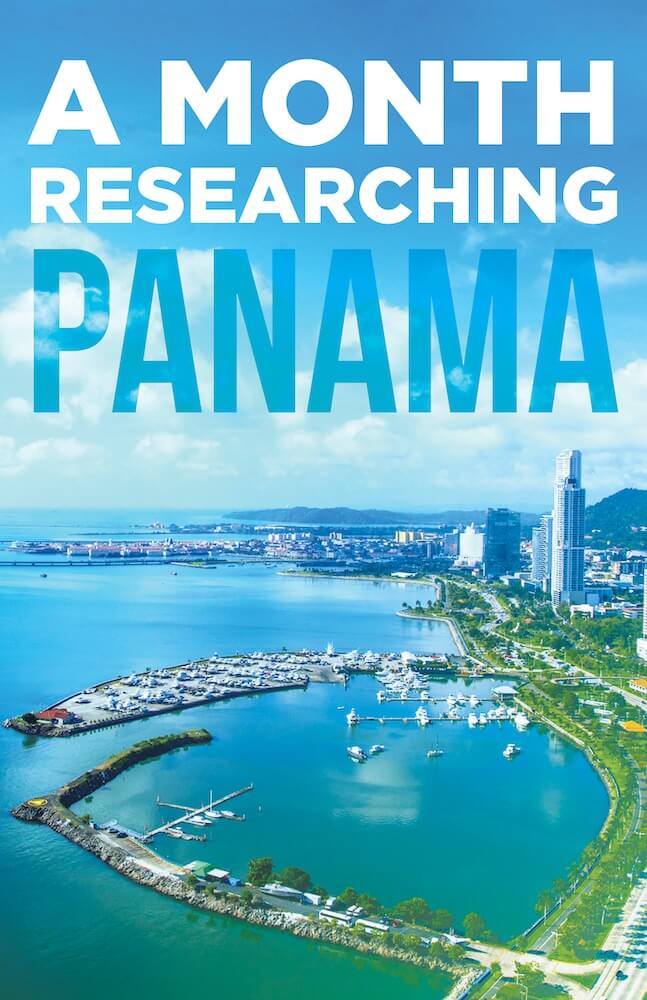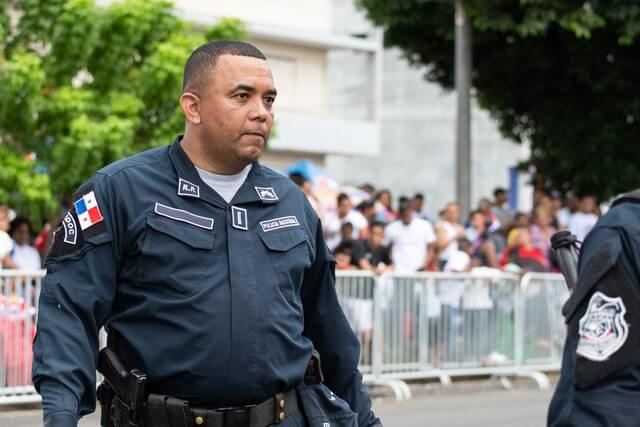
Safety and Crime in Panama 2020: The Ultimate Guide
Panama is as safe or safer than most cities in the United States, Canada and around the globe. Unfortunately, because information on various websites have not been updated in several years there is a great deal of mis-information about wide-spread drug running, crime and the presence of gangs. That is simply not the case in 2020 and hasn’t been for at least the past 10 years.
Panama is not without crime and it is important to take care and be aware when you are out and about, but generally Panama is well patrolled, especially in the more populated, tourist and expat areas especially in Panama City, along the Amador Causeway and Panama Canal.
Panama is a protectorate of the United States, which means they are essentially Panama’s army. The 1904 constitution gave the US the right to “intervene in any part of Panama, to reestablish public peace and constitutional order.”
However, because the United States would only come to Panama’s aid in an unusual and dramatic circumstance, the Panamanian government has a very strong Panama National Police (PNP). Within the PNP is a special unit called the Tourism Police Unit (TPU) which only deals with crimes against tourists and foreigners According to the US Embassy’s report on safety the TPU’s “performance and responsiveness to incidents involving U.S. citizens has been good.”
With the exception of the COVID-19 pandemic, Panama has always enjoyed the safest rating for tourist and expats, issued by the United States Government. During COVID-19, the US issued a “Do Not Travel” order, just as Panama issued an order that individuals carrying US Passports could not enter the country unless they had formal residency status.
The Darien and Mosquito Gulf
The two areas tourists are warned about is the Darien on the Pacific and Mosquito Gulf on the Caribbean sides of Panama. This is in part because these two places border Columbia, which does have issues with safety, human trafficking, drug running, and gangs.
However, the Darien has been somewhat unfairly labeled as a section of Panama to be completely avoided. There are certain areas that are very dangerous, but other areas are stunningly beautiful and unspoiled. In a unique agreement with the Panamanian Government, the indigenous Embera Indians are in control of the approximately 4,600 square miles of the Darien Gap. Protective of their lifestyle and traditions the Embera have not allowed resorts or even the PanAmerican Highway to be built in the dense rainforest of the Darien.
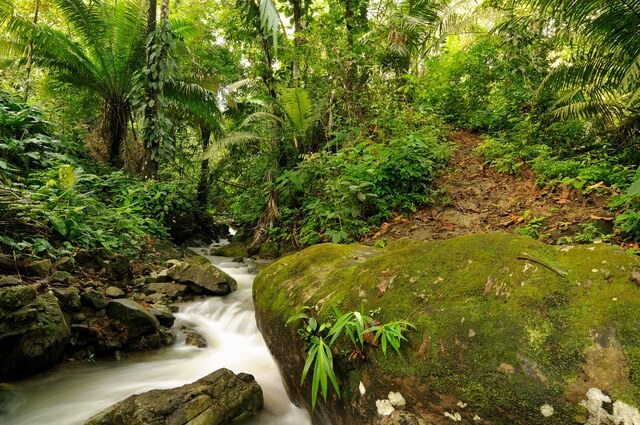
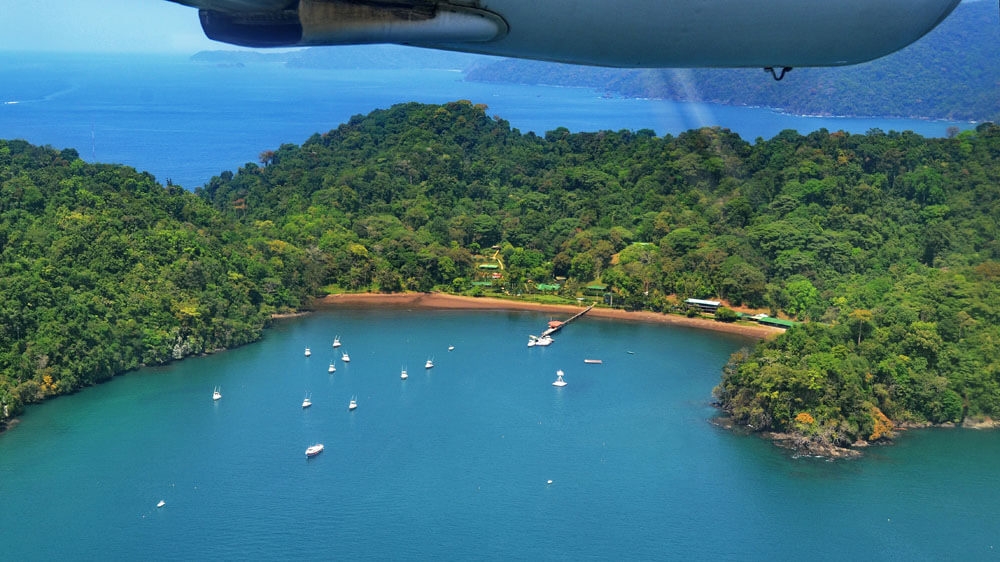
An Unlikely World-Class Resort
At least one stunning resort has made good use of the Darien’s pristine natural offerings. The Tropic Star Lodge, located in the Darien, is rated the best fishing lodge on the planet. It was opened more than 50 years ago and has maintained a good relationship with the locals, providing jobs and being very conscious of the environment.
Individuals from all over the world pay thousands of dollars to stay at the lodge that offers everything from fishing trips hunting black marlin to spa treatments, multi-course meals, a stunning swimming pool and side trips through the jungle. The only way to get to Tropic Star is by plane or boat because the closest road is 120 miles away.
So while you shouldn’t discount the Darien entirely as a tourism destination, only visit as part of a registered tour group or through a resort such as Tropic Star Lodge. Because the Darien and Mosquito Gulf border Columbia, there are safety issues. Recently immigrants, desperate to enter Panama, have been entering through both areas, especially the Darien. Children are being swept away in rushing waters and gangs threaten the individuals taking any money or food they may have. The Panamanian Border Patrol do the best they can to maintain protection, but it is difficult.
Some Areas Are More Vulnerable
Elsewhere in Panama, the larger areas including Panama City, Colon, Herrera, and Chiriquí also have higher crime incidents than the smaller communities. Many of the crimes in those areas are ones of opportunity. High-value items left in plain-sight in cars and obvious unoccupied residences are tempting. Tourist and expats are rarely physically assaulted. In 2018 there were only nine reported cases of kidnapping, while countries such as Mexico and Venezuela have that many in a day.
According to the US Embassy’s report on crime in Panama,“High-crime áreas in/around Panama City are: El Chorrillo, San Miguel, Santa Ana, Cabo Verde, Curundu, Santa Librada, Rio Abajo, San Miguelito, Juan Diaz, Pedregal, and Panamá Viejo.” Outside of Panama City, Colón is a high-crime area with increased gang activity and should be avoided, especially at night.
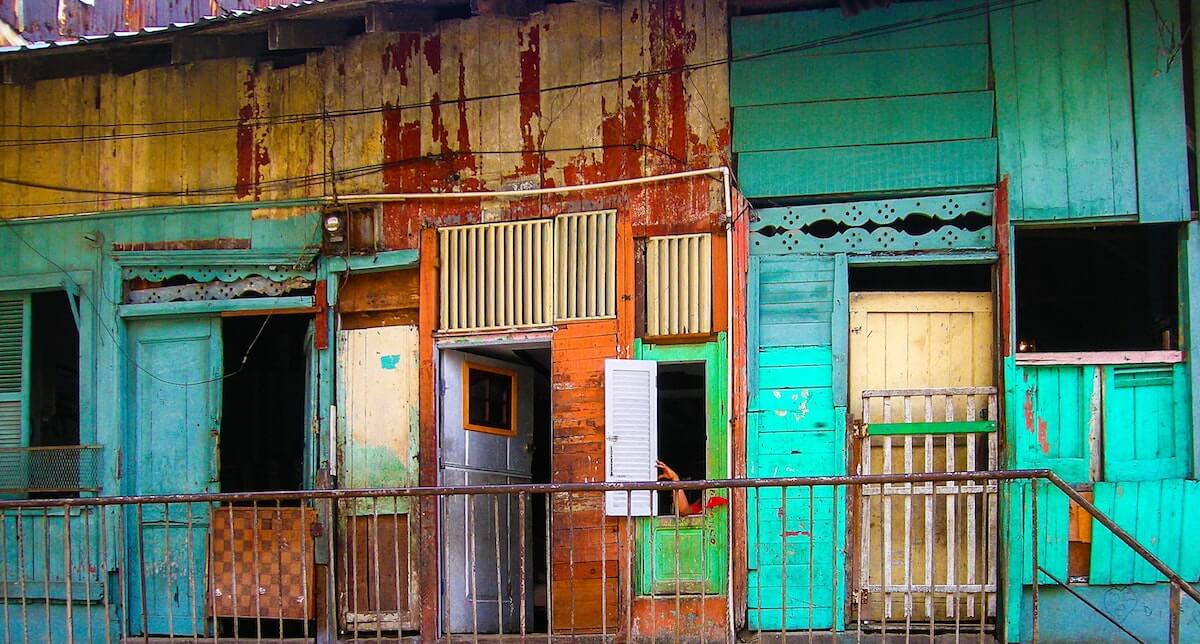
Penalties for possessing, using, or trafficking in illegal drugs in Panama are severe. In 2018, the most recent data from the Panama Government, reported seizing approximately 75 metric tons of drugs, mostly cocaine, along with $11 million in drug related monies. Simply being with someone using drugs is sufficient grounds for arrest and prison terms for personal drug usage can be up to 15 years, not counting that it could take up to two years to get to a court room. Marijuana usage is similar to usage in the United States and is often overlooked.
There are drug boats, especially around the islands of Boca del Toro that run between Zona Libre in Colón and Cartagena, Colombia and you should avoid interaction and certainly catching a ride. These crew members like to use unsuspecting tourists as decoys while they smuggle drugs below the deck.
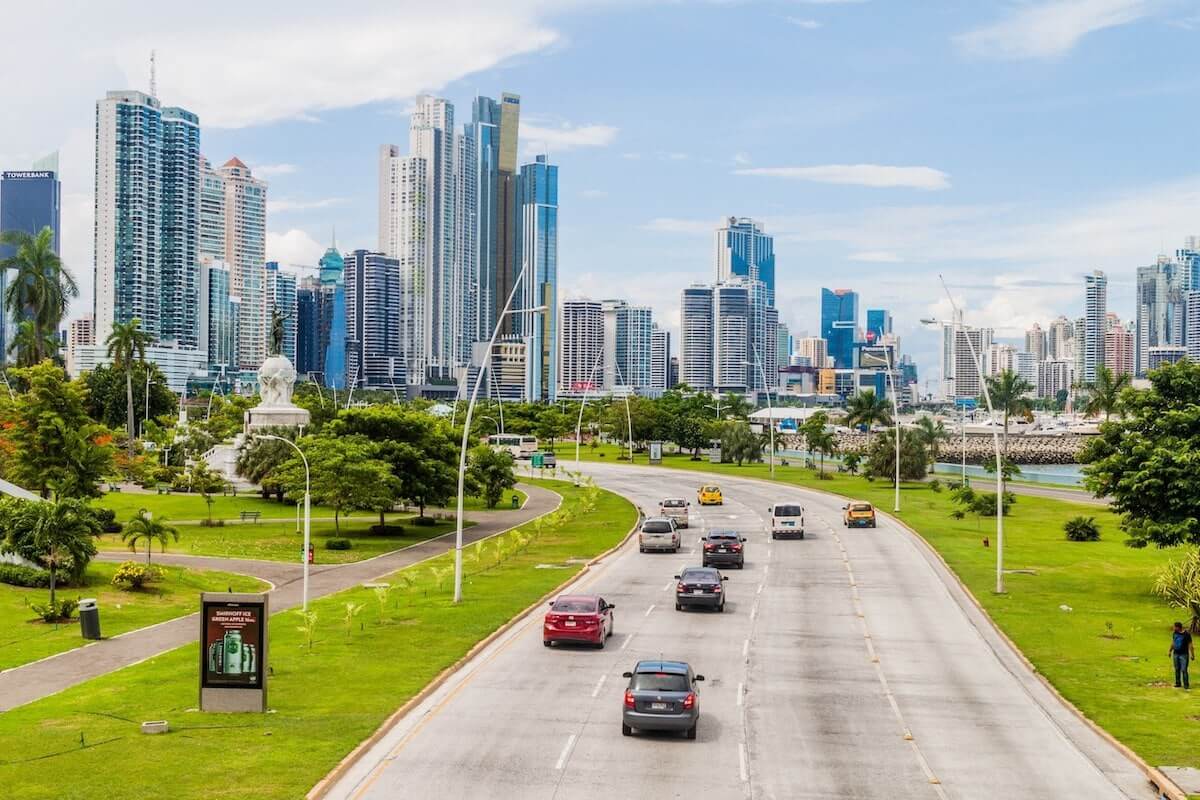
Safer Than Other Countries
Panama is much safer than other countries in Central and Latin America because of it’s relatively high standard of living. Since most expats live in the more upscale areas of Panama, they experience less crime. Medical facilities are superior and the PNP are joined by National Institutional Protection Service (SPI), the National Border Service (SENAFRONT), and the National Air/Naval Service (SENAN).
Because Panama has such a highly developed transportation system, with special police officers, getting around via public transportation is safe. The metro buses and the subway are open and well lit and almost always crowded. There will always be the threat of pickpockets, so it is important to remain aware. Always only use a licensed taxi and establish the price before getting into the vehicle.
Take Care of Yourself
Casco Viejo is very safe and well patrolled, but if you are obviously intoxicated, people will take advantage of you. The many bars and restaurants stay open until early hours of the morning and then provide discreet rooms offering massages and other services which, for the most part, should be avoided.
Panama City has a strict curfew for anyone 18-years-old or under. Minors who are picked up by the police will be taken into custody and not released until a parent or guardian comes to pick them up. Fines are also issued.
Roads in the more populated areas are generally safe and well-maintained, but if you are driving out in the country potholes can cause problems. Also when it is dark, it may be difficult to see slower moving objects such as cattle and heavy trucks who also use the roads. When driving at night it is advisable to go more slowly. If you are in an accident, the main police number is 104, but the operators may not speak English. Roads may also be washed out during the rainy season from April to November.
Race Relations in Panama
Race relations are a hot button issue in the U.S. in 2020, but in Panama you will find a much more relaxed scene. Panama has always been a diverse country. In its early days, foreigners immigrated to work on the Panama canal and railroad– most notably Chinese and Afro-Caribbean people. More recently, Panama has attracted an even wider array of foreigners though its business opportunities and great quality of life. This includes other Latin Americans but also Europeans, North Americans, and Middle Eastern people.
For the most part, people get along and there is not much clashing between the races. There are certainly no protests about police treatment of one group versus another. Some old stories still apply– lighter skin is often hailed as more desirable than darker skin, but this is as much a reflection of socio-economic class as skin color. The wealthy and powerful “old-money” families tend to be lighter-skinned.
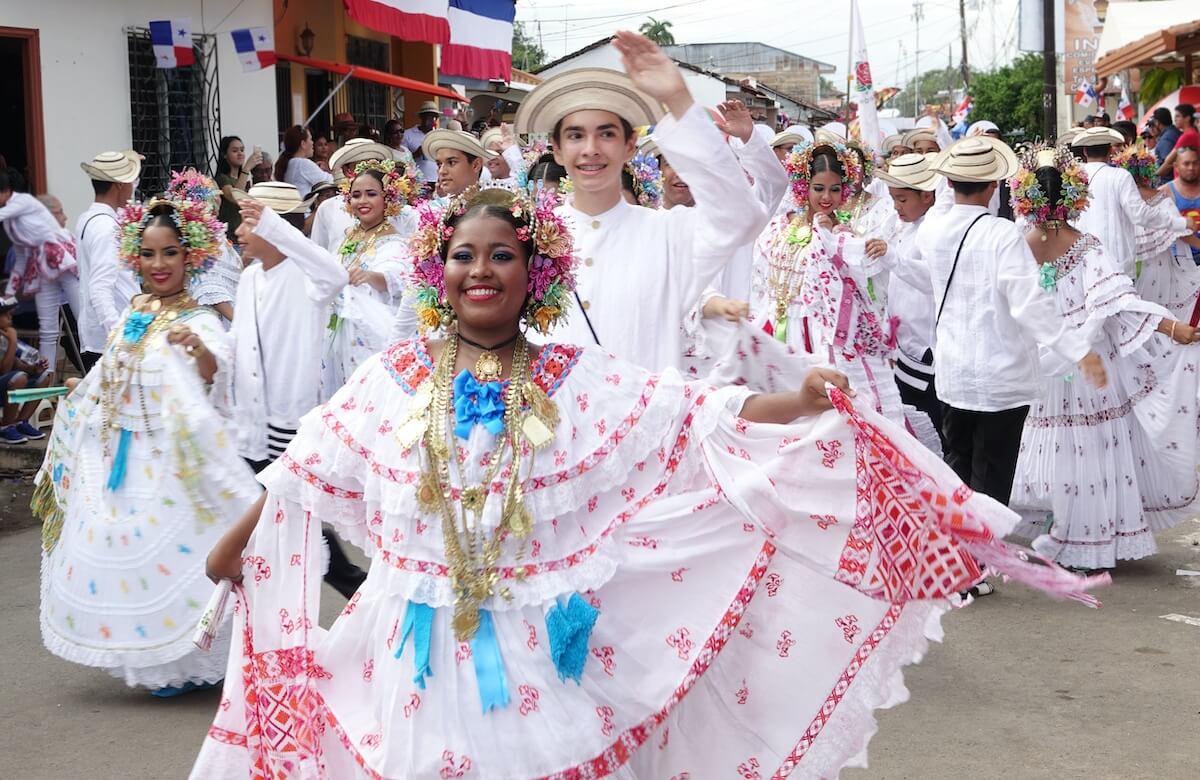
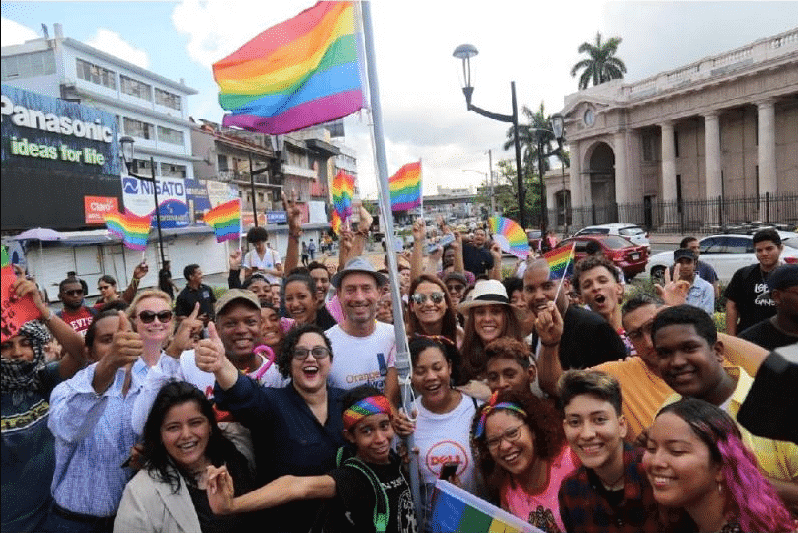
LGBTQ+
LGBTQ+ individuals enjoy full legal rights in Panama and, depending on the area, are generally left in peace. Panama City is fairly progressive and has held annual pride parades for almost a decade. There are a growing number of LGBTQ+ clubs and it’s not uncommon to see a same-sex couple openly enjoying the nightlife.
However, Panama is a Catholic country and LGBTQ+ are not going to feel welcome everywhere they go. Panamanian law does not prohibit discrimination based on sexual orientation. Some communities will discriminate based on sexual orientation and gender identity, especially for the transgendered population. Take special care to remain safe and feel out the environment, as public displays of affection may attract unpleasant attention.
Not As Accommodating of Handicaps
Individuals with handicaps requiring special accommodation will not find the same attitudes they may be used to in their home country, especially in terms of service dogs. If possible call ahead when considering a restaurant or map out a route before going alone, however much of Panama City’s public transportation is handicapped accessible.
In an abundance of caution and if you are a US citizen, enroll in the Smart Traveler Enrollment Program (STEP). It is a free service offered by the US Department of State that allows you to notify US embassies of your travel plans. Having this information in the event of an emergency—anything from being in a severe storm to your passport being stolen—allows embassy personnel to act efficiently and quickly. The embassy also sends out helpful information to STEP participants.
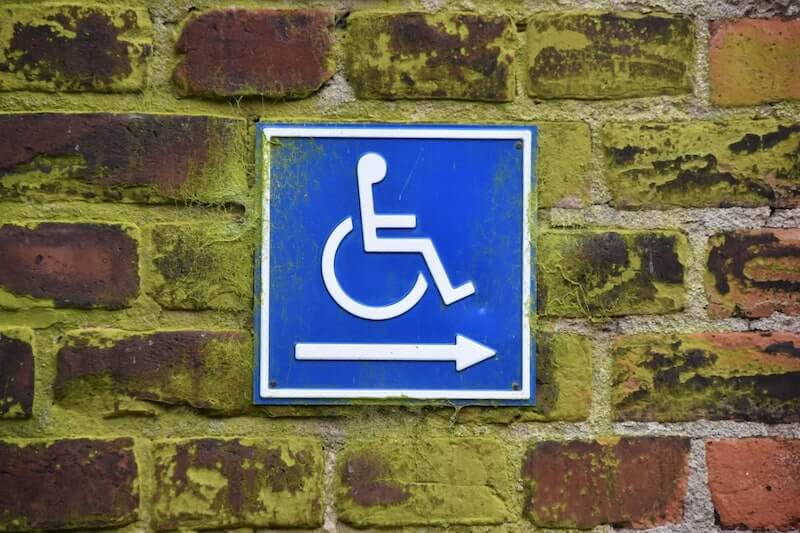
Safety and Crime in Panama in 2020
The bottom line is that Panamanians are peaceful and have an extraordinary live and let live attitude. For the most part they are happy and without malice towards their neighbors whether they are expats or natives. They will be quick to offer aide to someone who may be a victim of crime. Take reasonable care and safety and crime in Panama in 2020 should not be a concern.


